Can Cats Eat Broccoli? (+ Proper Preparing and Precautions)
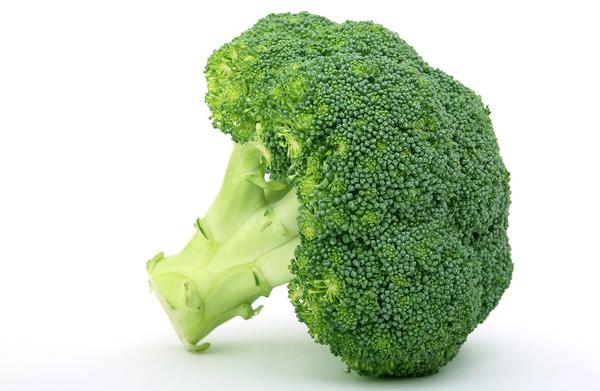
Are you worried sick about your furry friend's diet?
Wondering if broccoli is the hidden secret to their health or a ticking time bomb of indigestion?
Well, guess what? 😉
We're about to uncover the truth together.
So, let's dive into the realm of feline cuisine and answer the burning question:
Can cats eat broccoli?
Trust me, you're in for a wild ride!
Can Cats Eat Broccoli?
Cats can safely eat broccoli, although it may not be their preferred choice due to their carnivorous nature. However, offering cooked broccoli in small amounts can provide health benefits as it is rich in essential vitamins and minerals. Wet cat food is also a suitable alternative for picky eaters.
Yep, cats can eat broccoli without any problems.
Now, you need to know cats have kinda limited ability to process carbs.
They're adapted for a carnivorous diet and all.
So broccoli might not be their top choice in the veggie department.
But don't worry, a little nibble of cooked broccoli won't hurt your feline friend. In fact, it might provide some health benefits.
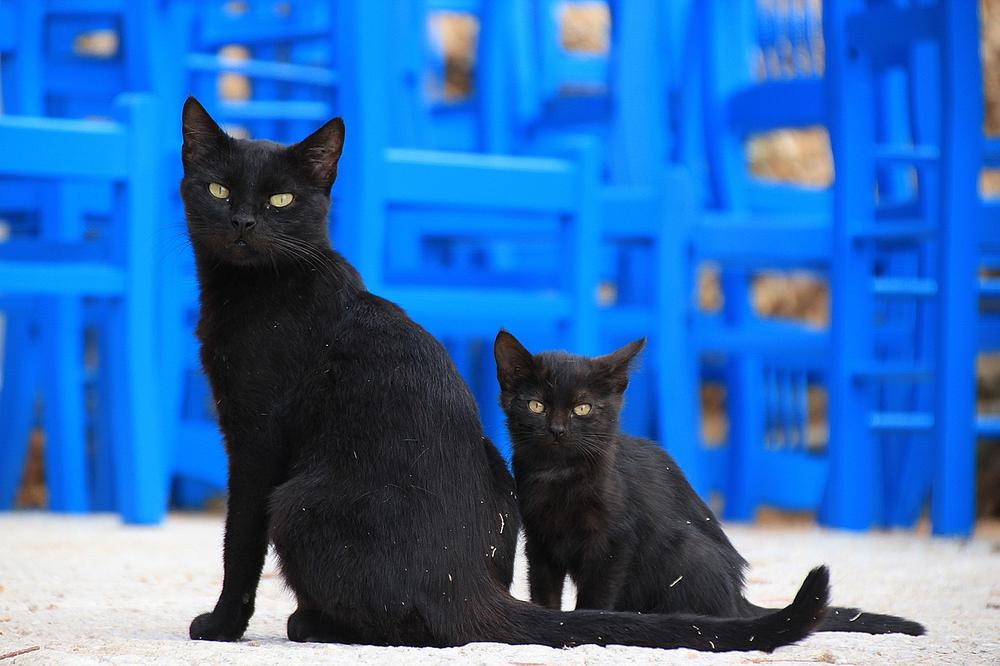
Broccoli is jam-packed with vitamins and minerals that can support your cat's all in all well-being.
If you want to play it safe, another option is to offer your kitty wet cat food.
This way, you can make sure they get all the nutrients they need without any fuss.
Plus, there are different textures available for picky eaters.
Trust me, cats can be pretty particular when it comes to mealtime.
And keep an eye out for any weird reactions or tummy upset after introducing broccoli to your cat's diet.
Every cat is unique, just like you and me! 😺
Main points I'll expand upon further down this article:
- Plain, cooked broccoli is safe for cats in moderation.
- Avoid giving cats seasoned, fatty, or raw broccoli.
- Cats have a dietary need for meat and should primarily consume a meat-based diet.
- Broccoli is non-toxic for cats and can be offered as a snack.
- Follow precautions when feeding raw broccoli to cats.
- Cooked and unseasoned broccoli is recommended for cats.
- Start with a small amount of broccoli and gradually increase.
- Consult a vet and monitor for any allergic reactions or GI problems.
- Consider the size of broccoli florets to prevent choking hazards.
- Offer alternative treats if your cat does not enjoy broccoli.
But wait, there are a few important things to keep in mind when it comes to feeding your feline friend broccoli... Let me fill you in on what you should avoid and why...
Is Broccoli Bad for Cats?
Cats can safely eat broccoli without any negative consequences.
However, there are a few precautions to please bear in mind.
You need to avoid giving cats seasoned, fatty, or raw broccoli.
Instead, opt for plain and cooked broccoli to ensure your cats remain healthy and free from illness.
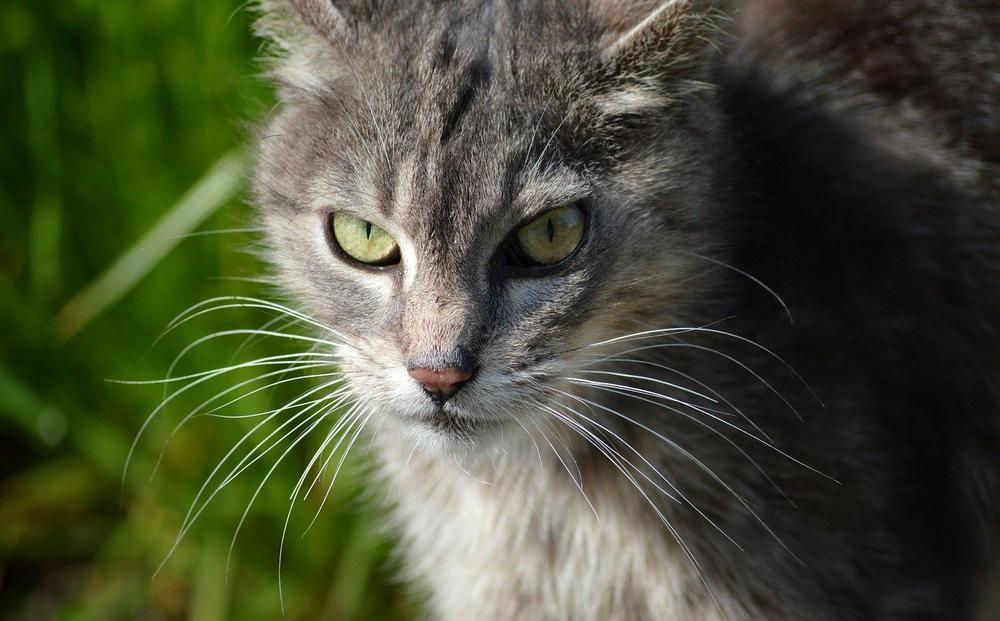
Cats are obligate carnivores, meaning their bodies require meat to thrive.
Meat is like gasoline for their engines, so most of their diet should consist of meat-based food.
Interestingly, broccoli is considered non-toxic for cats.
In fact, it can even be enjoyed as a little snack and satisfy their occasional desire to chew on plants.
Just remember not to give cats seasoned, fatty, or raw broccoli, as these can negatively impact their health.
Now, you can go ahead and share some delicious broccoli with your feline friends!
Feeding Raw Broccoli to Cats: Preparing and Precautions
Chopping and Preparing Raw Broccoli for Cats
So, you want to feed your furry feline friend some raw broccoli?
That's fantastic.
Just chop the broccoli into tiny pieces before serving it to prevent any potential choking hazards.
We don't want any digestive issues ruining their day!
Considerations and Precautions when Feeding Cats Raw Broccoli
Now, when it comes to giving cats raw broccoli, there are a few things you should bear in mind.
First of all, only give them cooked and unseasoned broccoli.
It's best to steam or boil it without adding any fats or oils. This will help avoid any digestion problems and choking risks.
Cooking Broccoli for Cats: Separation and Steaming
When cooking broccoli for your cat, it’s key to separate it from other ingredients that might be harmful to them.
Garlic or onions, for example, should never go near their bowl.
And ensure you chop and cook the broccoli without using seasonings, fats, onions, or garlic.
We want our little furballs to have a pleasant surprise-free meal!
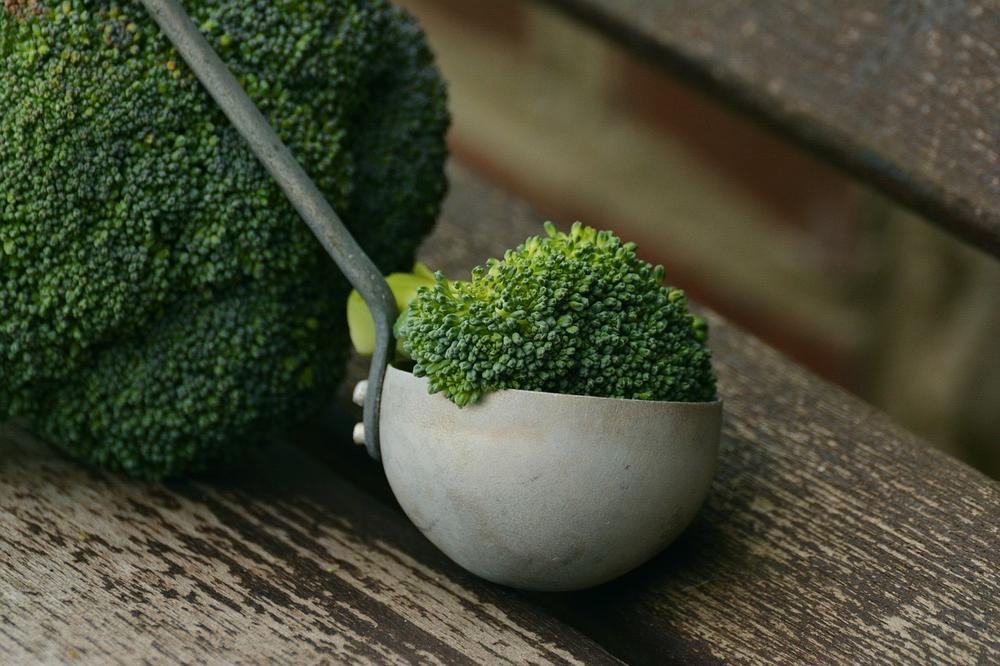
Steaming the broccoli beforehand can also be a good idea.
It makes it easier for cats to chew and digest.
Plus, it helps retain more of the beneficial nutrients.
To ensure our cats get a healthy treat, we need to cook the broccoli in plain, unseasoned water.
This is crucial to avoid any potential issues.
So, go ahead and give your cat a taste of this green wonder. But remember to start with a small amount and gradually increase it to avoid any stomach problems.
And as always, consult your vet and keep an eye out for any allergic reactions or gastrointestinal troubles.
After all, your kitty's well-being is of utmost importance!
And if you're wondering about other safe and healthy treats for your feline friend, look no further than my guide on Can Cats Eat Salmon.
It's packed with all the information you need to know about feeding cats this delicious seafood.
Give it a read and satisfy your curious mind while keeping your cat's well-being in mind.
Can Cats Eat Broccoli and Cauliflower?
Cats can totally eat cauliflower. It's safe, and it even comes with some awesome perks.
Listen up, because this veggie is packed with antioxidants that'll lower inflammation in your furry pal's bod.
And hold on, there's more.
Cauliflower has loads of fiber which keeps your cat's digestion in check.
Say goodbye to constipation and tummy woes!
Not only that, but cauliflower also fights against cancer.
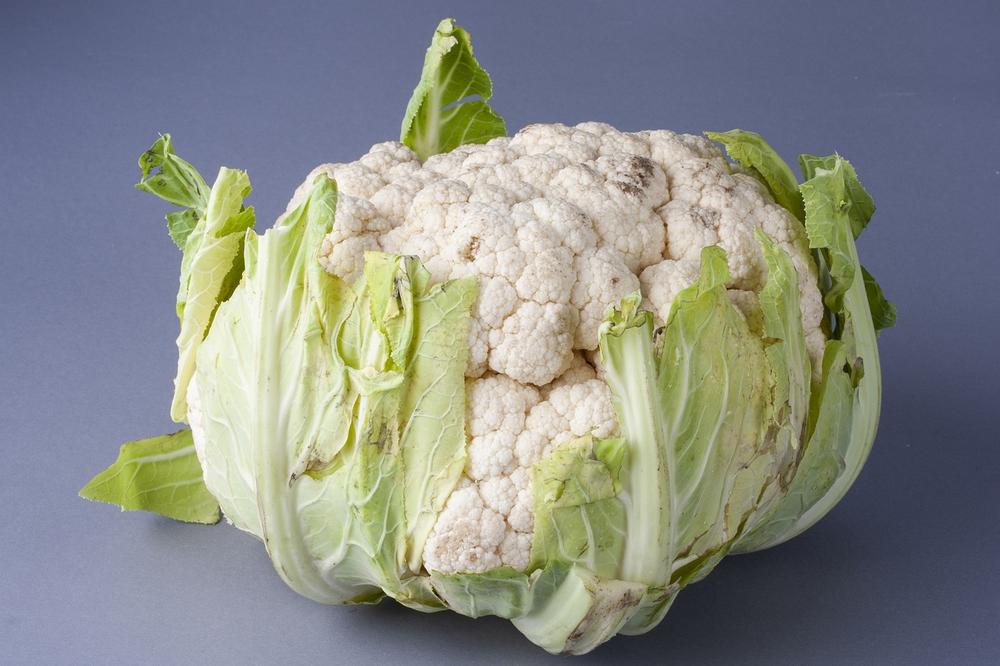
Boom!
Okay, I won't promise superpowers or anything, but sharing cauliflower with your cat definitely won't do any harm.
Now, here's the dealio - not all cats will be into munching on broccoli or cauliflower like a champ.
Some might give you that stink eye.
But no worries, my friend!
There are tons of other tasty treats out there that are good for them.
But let me tell ya, if your feline buddy does dig cauliflower, congrats!
You've got yourself a healthy and yummy treat option.
Benefits of Broccoli for Cats
Broccoli offers numerous advantages for cats, beyond promoting gut health and preventing obesity.
Here are some additional benefits:
- Promotes growth and tissue repair: Broccoli contains a good level of protein, which is essential for cats' growth and helps in the repair of tissues.
- Provides vitamins and minerals: The vitamins and minerals found in broccoli benefit various areas of a cat's body, including their eyes, skin, immune system, bones, and internal organs.
- Aids in weight management: With its low-calorie, low-fat, and low-sugar content, broccoli can help cats maintain a healthy weight and prevent overeating.
- Improves digestion: Broccoli aids in digestion by relieving constipation and preventing diarrhea.
- Strengthens blood clotting ability: Consumption of broccoli can strengthen a cat's blood clotting ability, promoting better overall health.
- Reduces the risk of heart disease and stroke: Studies have shown that broccoli consumption can reduce the likelihood of cats developing heart disease or experiencing a stroke.
- Hydration and weight management: Offering small quantities of hydrating vegetables like lettuce alongside broccoli can further improve digestion, aid in weight management, and keep cats hydrated.
- Beware of excessive vitamin C: While broccoli is rich in vitamin C, excessive intake may contribute to bladder stone development, so it's important to moderate its consumption.
- Avoid high-carbohydrate diets: A diet high in carbohydrates can lead to feline obesity and negatively impact glucose regulation.
Including broccoli in your cat's diet fosters overall wellness by offering them various health advantages. 👍
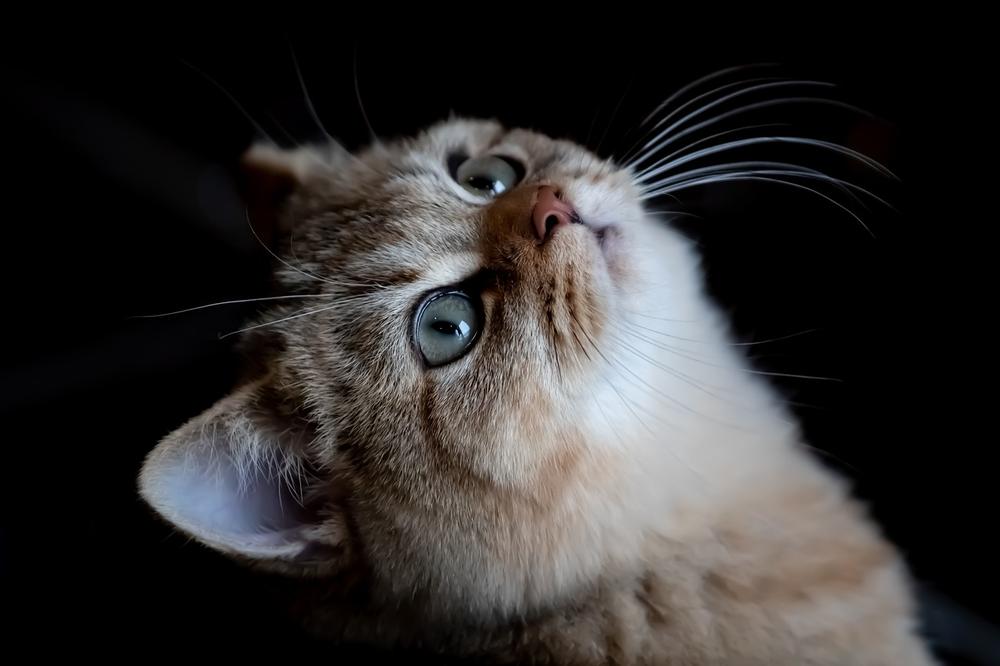
But what about the risks?
Is there anything you should be cautious of when feeding your feline friend broccoli?
Let's dive into the potential dangers and precautions to ensure the safety of your cat...
How Much Broccoli Can a Cat Eat?
Wondering if you can feed your cat broccoli?
Here's the deal:
- Don't go crazy with it: Cats should only have a limited amount of broccoli.
- Watch out for overeating: Make sure your cat doesn't pig out on broccoli.
- Keep an eye on their weight: Too much broccoli or any snack can mess with their weight management efforts.
- Balance is key: Even though broccoli has vitamin C, give it to them in small amounts along with their regular diet.
Cats have specific dietary needs, so ask your vet for personalized advice on feeding them broccoli or any other human food.
But remember, moderation is important when it comes to giving your cat broccoli. Don't go overboard!
Pay attention to how many calories they're eating in essence, especially if they're on a restricted diet or need to lose weight.
To keep things balanced, offer broccoli alongside their regular meals, not as the main course.
By being moderate and ensuring a well-rounded diet, you can safely include broccoli in your cat's eating routine.
Wanna know MORE? While I've covered the dos and don'ts of feeding your cat broccoli, there's even more valuable information regarding vegetables and fruits to avoid. Keep reading this blog post to find out more further down the line.
Recommended Quantity of Broccoli for Cats
| Quantity of Broccoli | Information |
|---|---|
| Small Amounts | Broccoli can be given to cats in small amounts as a treat. |
| Moderation | It is important to feed broccoli to cats in moderation. |
| Balanced Diet | Broccoli should make up no more than 10% of a cat's daily calorie intake to maintain a balanced diet. |
| Nutritional Benefits | Broccoli contains nutrients like fiber, vitamins, and minerals that can offer some health benefits to cats. |
| Safe Consumption | When given in appropriate quantities, broccoli is generally safe for cats to eat. |
| Potential Risks | Some cats may experience digestive issues or upset stomach if they eat too much broccoli. |
| Monitor Reactions | It's essential to monitor your cat's reactions and consult a vet if any adverse effects occur after consuming broccoli. |
Let's discuss broccoli and cats.
You might think broccoli is a nice treat for your furry friend, but wait a moment...
Only give them a small amount of broccoli, about 10% of their daily calories.
But there's more to consider...
When giving treats like broccoli, limit it to just 2-3 small pieces.
Don't overload your cat with too much broccoli goodness.
Here's another important point:
Dry cat food often contains fillers that increase carbohydrate levels.
To balance their meal, serve broccoli alongside moist food. Your cat will appreciate it.
Since cats have unique dietary needs, personalizing their meal plans is a good idea.
This way, you can ensure you're meeting all their specific requirements.
By following these tips, adding a little broccoli to your cat's diet can be a delightful treat.
Just be sure to keep it in moderation!
But wait, before you start serving your feline friend broccoli, there are a few important factors to consider.
While it may seem like a healthy and tasty treat, cats have specific dietary needs that require careful consideration.
So, what other vegetables should you include in their diet?
And which ones should be strictly avoided for their well-being?
Let's dive into the dos and don'ts of feeding cats certain vegetables and fruits to ensure they remain happy and healthy...
Vegetables and Fruits to Avoid
When it comes to giving your cat veggies and fruits, there are some things you should avoid.
For starters, don't give them potatoes or sweet potatoes because they're already in their cat food.
Broccoli may be good for you, but it can upset your cat's stomach.
Now let's talk about the safe stuff.
You can give your cat spinach, just watch out if they have bladder stones.
Celery is fine, but feed them small amounts so their tummy doesn't get upset.
Asparagus is okay, too.
Make sure they don't have too much, though, to keep their pee pH balanced.
Kale is alright, but be careful they don't eat too much or else they could get anemia.
A little basil is good for them, but not too much since it's already in their commercial food.
Cilantro is also okay, but limit it because it's already in their cat food.
But hold on a sec!
There are some veggies you gotta steer clear from because they're toxic for cats:
- Onions
- Garlic
- Leeks
- Scallions
- Shallots
- Chives
And stay away from:
- Raw potatoes and potato skins because they have a dangerous substance called solanine.
- Mint and lemongrass with their harmful oils.
While cats can have cooked potatoes without skins in moderation, mashed potatoes with other stuff added should be avoided.
And watch out for too many sweet potatoes, 'cause that can mess with their digestion.
And that wraps up today's article.
If you wish to read more of my useful articles, I recommend you check out some of these: Can Cats Eat Oregano, Can Cats Eat Fennel, Can Cats Eat Strawberry, Can Cats Eat Pistachios, and Does Dry Cat Food Go Bad
Talk soon,
-Sarah Davis